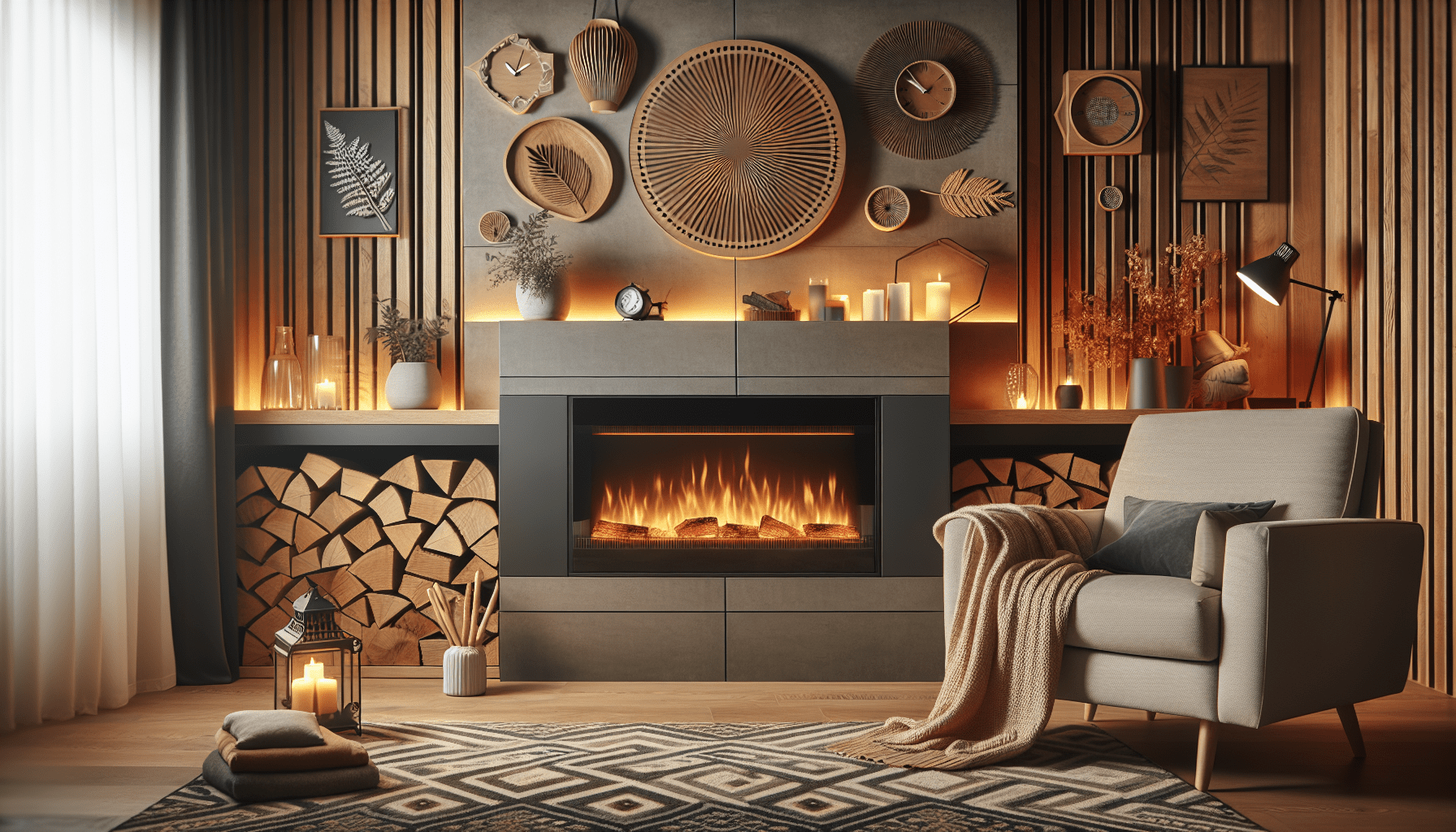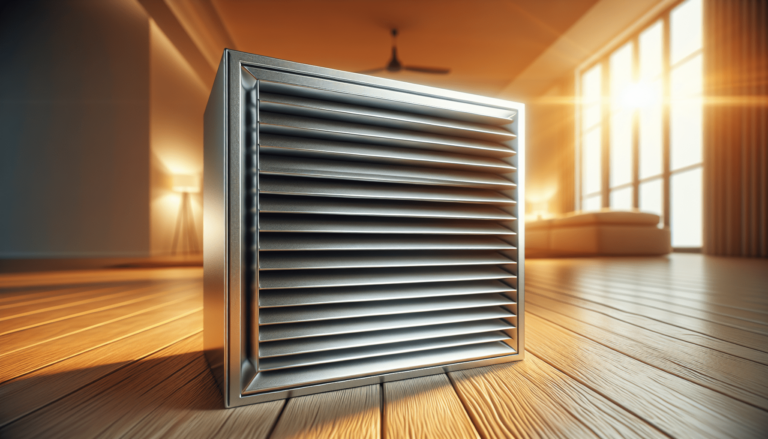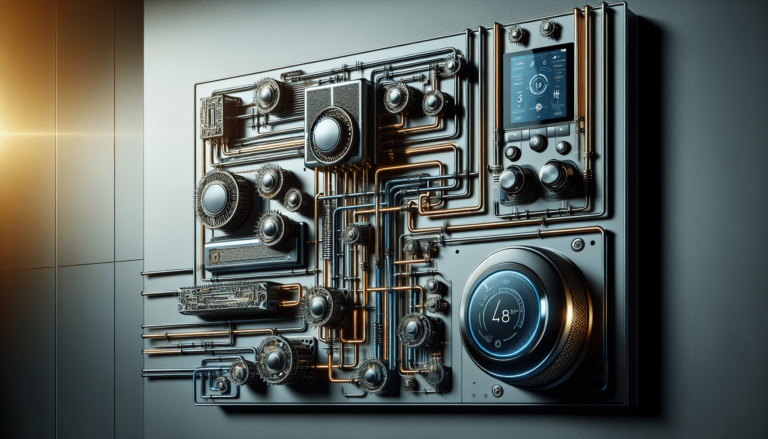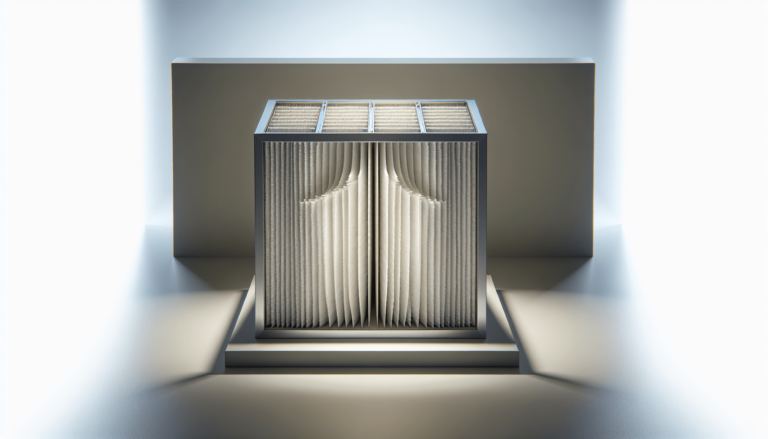

HVAC Services
Get Professional Repairs From The Area's Trusted HVAC Technicians. Ask About Our Services! We Offer Professional Heating & Cooling System Repairs And Guarantee Long-Lasting Results.
Got Question? Call us: (850) 678-2665Financing
Heating Solutions For Colder Regions
Discover essential heating solutions for colder regions, from traditional furnaces to modern heat pumps, to stay warm and comfortable during winter months. Read more!

Have you ever found yourself shivering under a pile of blankets, wondering if there’s a better way to stay warm during those never-ending winter months? If you’re living in a colder region, heating solutions become more than just a luxury—they are an absolute necessity. This guide will cover everything from traditional options to innovative technologies to ensure you’re well-informed and comfortable.
Understanding Your Heating Needs
Knowing what you need is the first step in picking a heating solution that truly works for you. Factors like the size of your home, your budget, and your region’s climate play significant roles. It’s a bit like buying a pair of shoes; you wouldn’t wear flip-flops to a snowstorm, would you?
Assessing Climate Requirements
The severity of your winter directly influences the type of heating solution you’ll require. Whether you’re dealing with mildly chilly nights or arctic-like temperatures, identifying your climate zone is crucial.
| Climate Severity | Characteristics | Common Heating Needs |
|---|---|---|
| Mild Winter | Slightly chilly | Portable heaters, basic HVAC |
| Cold Winter | Below freezing temps | Central heating, heat pumps |
| Severe Winter | Heavy snowfall | Radiant heating, boilers |
Accurate climate assessment prevents you from over or under-preparing.
Home Evaluation
Take a good look at your home. Is it a cozy little bungalow or a sprawling mansion? The type and size of your home will require different heating solutions. Smaller homes may be efficiently warmed with simpler systems, while larger homes demand more sophisticated setups.
Variables to consider:
- Square footage
- Insulation quality
- Window and door seals
Budget Constraints
Imagine browsing through fancy heating systems, your eyes lighting up like a kid in a candy store, only to realize you blew half your savings on a thermostat. Knowing your budget helps you avoid such pitfalls. Determine what you can spend upfront and calculate potential long-term costs like maintenance and energy bills.
Budget Categories:
- Economy: Portable heaters, basic furnaces
- Mid-Range: Heat pumps, some radiant systems
- Premium: High-efficiency furnaces, geothermal systems
Traditional Heating Solutions
When someone says “heating system,” the first thought often goes to furnaces or boilers. Ah, the classics. Though they might sound old-fashioned, modern advances have significantly improved their efficiency and environmental footprint.
Furnaces
A staple in many homes, furnaces work by blowing heated air through ducts. These systems can be powered by electricity, gas, or oil, each having its pros and cons.
Gas Furnaces:
- Pros: More energy-efficient, lower operational costs
- Cons: Initial installation can be pricey, regular maintenance required
Electric Furnaces:
- Pros: Lower upfront costs, safer (no risk of gas leaks)
- Cons: Higher operational costs due to electricity prices
Oil Furnaces:
- Pros: Effective in extremely cold climates
- Cons: Messy, higher maintenance, fluctuating oil prices
Boilers
If you’re someone who enjoys radiant heat more than the dry, blowing air from a furnace, boilers might be your best bet. Boilers heat water and distribute either warm water or steam through pipes to radiators or underfloor heating systems.
Types of Boilers:
- Gas Boilers: Generally more efficient but require a gas line.
- Electric Boilers: Safe but can be expensive to run.
- Oil Boilers: Very effective in cold climates but come with higher maintenance.
Boilers can provide a more even and comfortable heat but might require a deeper initial investment.

Modern Heating Technologies
Move over, traditional methods—it’s time to shine a light on new-age heating solutions. Innovators are constantly bringing fresh ideas to keep us warm and toasty, often with a smaller carbon footprint.
Heat Pumps
Heat pumps are like the multitaskers of the heating world, capable of providing both heating and cooling. These systems extract heat from outside air or the ground and transfer it indoors.
Air-Source Heat Pumps:
- Pros: Versatile, energy-efficient
- Cons: Less effective in extremely cold climates
Ground-Source (Geothermal) Heat Pumps:
- Pros: Highly efficient, lower operating costs
- Cons: High installation costs, requires significant space
Radiant Heating
Nothing screams comfort like radiant heating systems. Whether it’s underfloor or wall-mounted, these systems heat from the ground up, creating an even distribution of warmth.
Underfloor Heating:
- Pros: Energy-efficient, even heat distribution
- Cons: Installation can be disruptive and costly
Radiant Panels:
- Pros: Easy to install, can be placed in ceilings or walls
- Cons: Can be more expensive to operate than traditional methods
Solar Heating Systems
If you’re eco-conscious or just want to offload some of that hefty energy bill, solar heating systems are worth considering. These systems harness the power of the sun to provide heat for your home.
Types of Solar Heating:
- Passive Solar Heating: Utilizes building design and materials to absorb heat.
- Active Solar Heating: Uses solar panels and collectors to capture and store heat.
Passive systems are less expensive but not as effective in extremely cold climates.
Alternative Heating Solutions
For those willing to think outside the box, there are numerous alternative heating options that may align better with your lifestyle and needs.
Pellet Stoves
Pellet stoves burn small pellets made from wood or biomass to generate heat. They are gaining popularity due to their efficiency and eco-friendliness.
Pros:
- Environmentally friendly
- Efficient
Cons:
- Requires regular cleaning
- Pellet availability can vary
Infrared Heaters
Infrared heaters work by emitting infrared rays that heat objects and people directly, as opposed to heating the surrounding air.
Pros:
- Immediate heat
- Energy-efficient
Cons:
- Limited heating range
- Can be expensive
Smart Heating Systems
These systems integrate with your home’s Wi-Fi to offer you complete control over your heating system through your smartphone.
Pros:
- Convenient
- Can save on energy bills with smart adjustments
Cons:
- Requires a reliable internet connection
- Initial setup can be complex

Efficient Use of Heating Systems
Now that you know your options, let’s talk efficiency. You don’t want to be that person whose energy bill is higher than the temperature outside. Efficiency is key to a warm and financially sustainable winter.
Proper Insulation
Having the most advanced heating system won’t matter if your home is poorly insulated. Insulation acts like a thermos for your home, keeping the warm air in and cold air out.
Insulation Tips:
- Seal gaps around windows and doors
- Insulate attics and basements
- Consider double-glazed windows
Smart Thermostats
These devices can learn your schedule and adjust the temperature accordingly to save on energy when you’re not around. A small investment in a smart thermostat can yield significant savings over time.
Top Picks:
- Nest Learning Thermostat
- Ecobee SmartThermostat
- Honeywell Home T9
Regular Maintenance
Regular maintenance can drastically extend the lifespan of your heating system and ensure it operates at peak efficiency.
Maintenance Checklist:
- Clean or replace filters regularly
- Inspect ducts for leaks
- Schedule annual professional check-ups
Zone Heating
Why heat the whole house when you only use a few rooms? Zone heating allows you to heat specific areas, resulting in significant energy savings.
Energy-Efficient Practices
Simple daily practices can also contribute to a cozier home and lower energy bills.
Tips:
- Keep curtains open during sunny days
- Use ceiling fans to circulate warm air
- Add rugs for additional floor insulation
Choosing the Right Professional
DIY is great for crafting and minor repairs, but when it comes to heating systems, professional installation and maintenance can’t be overstated.
Benefits of Professional Installation
Professionals bring expertise and experience, ensuring your heating system is installed correctly and operates efficiently.
Key Advantages:
- Proper calibration
- Warranty protection
- Safety assurance
Finding a Reputable Company
It’s like shopping for a good mechanic; you want someone who’s reliable and experienced. When looking for a professional heating service, consider Tempacure Heating and Air Conditioning. Based in Niceville, FL, they offer a range of services to cater to your heating needs.
Tempacure Heating and Air Conditioning Contact:
325 Cedar Ave S, Suite B
Niceville, FL 32578
Phone: (850) 678-2665
Website: Tempacure HVAC
Questions to Ask
When consulting a professional, come prepared with questions to ensure you’re making an informed decision.
- What heating system do you recommend for my home size and climate?
- What are the long-term costs of this system?
- How can I maintain this system to ensure it lasts?
Conclusion
So, there you have it—a comprehensive guide to heating solutions tailored to colder regions. Whether you’re leaning towards traditional methods like furnaces and boilers or intrigued by modern innovations like heat pumps and radiant heating, the key is to understand your specific needs, evaluate your home, and consider your budget. With proper planning and professional guidance, you’ll be well on your way to a cozy, warm home even during the harshest winter months.
For the best results, regular maintenance and energy-efficient practices should not be overlooked. And when in doubt, trust the professionals at Tempacure Heating and Air Conditioning to provide the expertise and support you need for a warm and worry-free winter.







